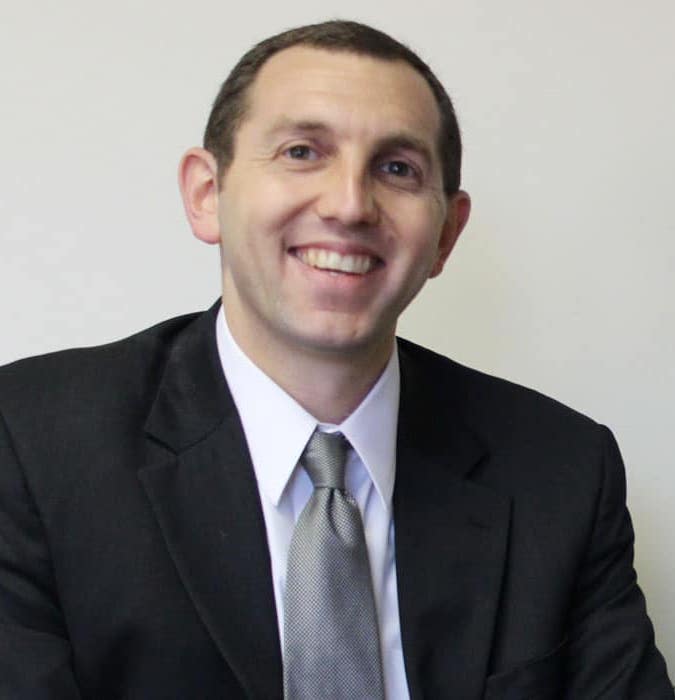Common Defenses to Florida Criminal Charges
In the movies, criminal trials are often dramatic. The defense attorney springs a surprise witness who reveals the real guilty party, or an alibi witness shows up to prove that the defendant couldn’t have committed the crime because they were rescuing puppies from a dog fighting operation at the time of the crime.
In the real world, criminal defense isn’t usually quite so exciting. Further, trial by ambush or suprise is strictly prohibited. Thus, many of the most effective criminal defense strategies play out pre-trial. Of course, every case is different and the best source of information about possible defenses in your Florida criminal case is an experienced local Jacksonville criminal lawyer.
However, here are some of the most common ways a Florida criminal defense attorney may be able to fight criminal charges.
Constitutional Challenges and Pre-Trial Motions
One of the most effective tools available to a criminal defense lawyer is a motion to suppress evidence. A motion to suppress evidence may be filed on Constitutional grounds if, for example:
- Evidence was gathered pursuant to an arrest, but the officer didn’t have probable cause for the arrest
- Evidence was gathered through an illegal search and seizure–for instance, if law enforcement failed to get a search warrant when one was required
- The defendant confessed or made incriminating statements while being questioned, but police had not advised them of their Miranda rights
Evidence that was obtained in violation of the U.S. Constitution or Florida Constitution may be excluded. That means that if the prosecutor takes the case to trial, they won’t be allowed to tell the jury about that evidence. Obviously, the exclusion of evidence weakens the prosecution’s case. If the evidence excluded is critical to the case, the prosecution may even recognize that they can’t win the case and dismiss the charges prior to a trial.
Now not all pre-trial motions relate to Constitutional issues. For example, a criminal defense attorney may be able to exclude evidence from trial because it would violate the Florida Evidence Code. This may include evidence such as:
- Testimony that is inadmissible hearsay
- Evidence of past actions that’s intended to persuade the jury that the defendant
- Certain types of character evidence
- Evidence that has not been properly authenticated, such as a photograph or recording that is not accompanied by testimony or an affidavit to its accuracy
These are just some of the most common ways an experienced criminal defense lawyer may be able to significantly impact a case–or even get charges dismissed–before a criminal trial even starts. And, there are many other ways a seasoned defense attorney can fight criminal charges.
Holding the Prosecution to Its Burden of Proof
The prosecutor in a Florida criminal case has the burden of proving each and every element of the crime beyond a reasonable doubt. That’s a high bar, and it’s your criminal defense lawyer’s job to highlight flaws and weaknesses for the jury to demonstrate that the prosecution hasn’t met its burden.
In some cases, this alone is enough to help the jury return a verdict of “not guilty”. But, of course, you and your attorney will want to explore all possible defenses and settle on the strategy that gives you the best chance of winning your case.
Many of the other defenses you may assert in a criminal trial technically fall into this category. For example, your attorney may present alibi evidence, showing that you were somewhere else when the crime was committed. Or, your attorney may present evidence that you didn’t have the necessary state of mind and so aren’t guilty of the crime. This type of evidence–including evidence of actual innocence–all works to create reasonable doubt in the minds of the jury.
Affirmative Defenses
In some situations, the defendant in a criminal case may be able to assert an affirmative defense. That means offering evidence that, if the jury finds it believable, will eliminate criminal responsibility for the act. The best-known affirmative defenses are self-defense and defense of others.
In Florida, there is no duty to retreat from a threat. A person may use force to defend themself or another person from the use of force or threat of use of force. And, if the threat involves great bodily harm or death, then even deadly force may be justified.
Imagine, for instance, that a Jacksonville resident arriving home from work sees an altercation in his neighbor’s yard. As he walks closer, he sees that a stranger in the yard is pointing a gun at his neighbor and shouting that he’s going to kill her. He shoots the gunman and injures him.
If he is charged with a crime such as aggravated battery with a deadly weapon or attempted murder, he can assert the affirmative defense that he acted to protect his neighbor. If the jury finds that he reasonably believed that using that level of force was necessary to prevent imminent death or great bodily harm to his neighbor, they will be instructed to find him not guilty.
Other Florida affirmative defenses include:
- Mistake of fact: for example, a person accused of a theft crime after leaving a coffee shop with someone else’s cell phone could assert as an affirmative defense that they had mistaken the phone for their own.
- Involuntary intoxication: A person who was drugged without their knowledge or otherwise involuntarily intoxicated may assert that intoxication as an affirmative defense if the intoxication was to such a degree that they were incapable of forming the required intent to commit the crime.
- Insanity: A person with a mental illness or defect may assert “insanity” as an affirmative defense if the condition caused the person not to understand what they were doing or the consequences of their actions, or was unable to understand that their actions were wrong.
While the prosecution always has the burden of proving the elements of the crime beyond a reasonable doubt, if the defense puts forward an affirmative defense, usually the defense is conceding that those elements are met, but that there are additional factors that relieve the defendant of criminal responsibility. Thus in some situations a defendant who asserts an affirmative defense may have a burden of proof as to that affirmative defense. Additionally once such a burden is met then the prosecution may then have a burden to overcome.
Talk to a Jacksonville Criminal Defense Attorney
The best defense or combination of defenses for you depends on a variety of factors, including the charges against you, the evidence, your prior criminal history, the available evidence, and others. If you’ve been charged with a crime, your best next step is to talk to an experienced criminal defense lawyer.
Attorney Matthew Lufrano has been representing people charged with crimes in Florida for more than a decade. He has represented clients charged with crimes ranging from minor misdemeanors to murder, and has tried more than 75 criminal cases before Florida juries. He understands how important it is for you to have accurate information about your rights and options, so the initial consultation is always free. Just call 904-513-3905 to schedule yours now. Or, fill out the contact form on this site and we’ll contact you.

Since graduating from law school and passing the Bar Exam in 2009, Matthew Lufrano has practiced exclusively as a criminal defense attorney and his sole focus has been defending the rights of the accused. As a defense attorney, Mr. Lufrano has tried 75 jury trials to verdict and in 2017 the Florida Bar recognized Mr. Lufrano as a Board Certified Expert in Criminal Trial Law. Today Mr. Lufrano not only owns and operates Lufrano Legal, P.A., but he also serves as the President for Jacksonville’s local chapter of the Florida Association of Criminal Defense Lawyers.
